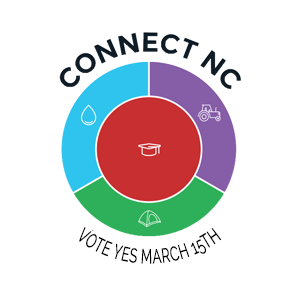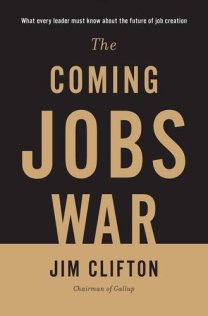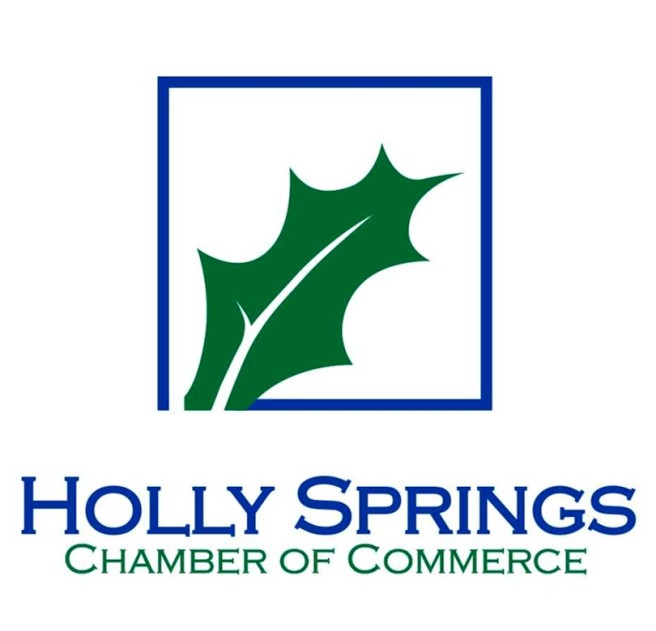I read an article yesterday that was forwarded to me from The Daily Beast entitled “American Entrepreneurship in Decline” and, like the title suggests, it claimed that for the last 30 years the US has become less entrepreneurial. Additionally, it also stated that during and immediately after the Great Recession “the economy produced hundreds of thousands of fewer new businesses than it did in previous recovery periods, making a lost generation of new enterprises.” I found the above to be rather bold, if not alarmist, statements and seeing that the most recent data the authors site in relation to entrepreneurship growth is from 2013, I wanted to dig further because I found it frustrating that the above claims were not supported by footnotes or links to tangible data to support the authors claims. So, I did some quick research using the Bureau of Labor Statistics Database and found that while American Entrepreneurship most certainly saw a decline during and immediately after the Great Recession, the pace at which entrepreneurship growth reached pre-recession levels was almost twice as fast as in years preceding.
The chart below, as the title suggests, shows the number of companies that are less than a year old for a particular year…in other words, it shows the number of new companies created each year. The data only goes back to 1994 because the BLS was not collecting it prior and the darkened areas on the chart indicate periods of recession. The peak of new company growth was in 2006 when that number reached 715,734 (chart data) and the low point was in 2010 when the number of new companies bottomed out at 560,588. 2015 saw the creation of 679,072 new companies established, which does not get us back to the high of 2006, but the last year the economy saw the creation of close to that same number was in 2005 when 679,925 new businesses were created.

What’s important to note is that before the Great Recession, it took the economy from 1994-2005, 11 years, to reach roughly 679,000 new companies in 2005 from 569,419 in 1994. However from 2010 to 2015, a period of 5 years, the economy went from 560,588 new companies to 679,072 in 2015, almost the exact same growth in less than half the time. Based on this data alone, one can argue that American Entrepreneurship is not in decline but, actually, in an exponential growth mode.
While the above is certainly reason to be optimistic about American Entrepreneurship, the number of new jobs created by these new firms is in decline. In 1994, the number of jobs created by new companies was 4.1 million, in 2015, that number was 3 million, as evidenced by the chart below.

While the number of new companies may be on the rise, the number of jobs created is in decline and that is of concern. One may attribute the growing rise of automation as a primary player in this trend but one might also consider that more entrepreneurs may be benefiting from incubators or coworking opportunities which may decrease their need to hire employees to handle finance/marketing/sales and instead rely on these models and their associated “mentors”or fellow coworking tenants to help advise them in these areas, thus eliminating the need to hire. While the rise of incubators and coworking spaces may be reducing the number of jobs created by new companies, it’s hard not to argue that their existence may be one main driver of the growth behind the fast rise in post-recession entrepreneurship and by providing a space for entrepreneurs to network and knowledge share, they may be creating a foundation for companies to spawn, grow, and hire at an even faster and more exponential rate.
To conclude, while the article in The Daily Beast lacked a good level of supporting documentation and failed to recognize what’s occurred in the last two years in regards to American Entrepreneurship, the point raised about the reduction in job creation by new companies is certainly valid and one that requires further analysis. However, I am encouraged by the growth in American Entrepreneurship over the last two years, which, I believe, has been stoked by the rise in incubators and coworking spaces across the country. These new outlets for creativity and growth are reasons enough to be optimistic about the future of entrepreneurship and jobs in America.
-Scott
Scott Manning is the President/CEO of the Holly Springs Chamber of Commerce which is located in Holly Springs, North Carolina. He can be reached at scott@hollyspringschamber.org





